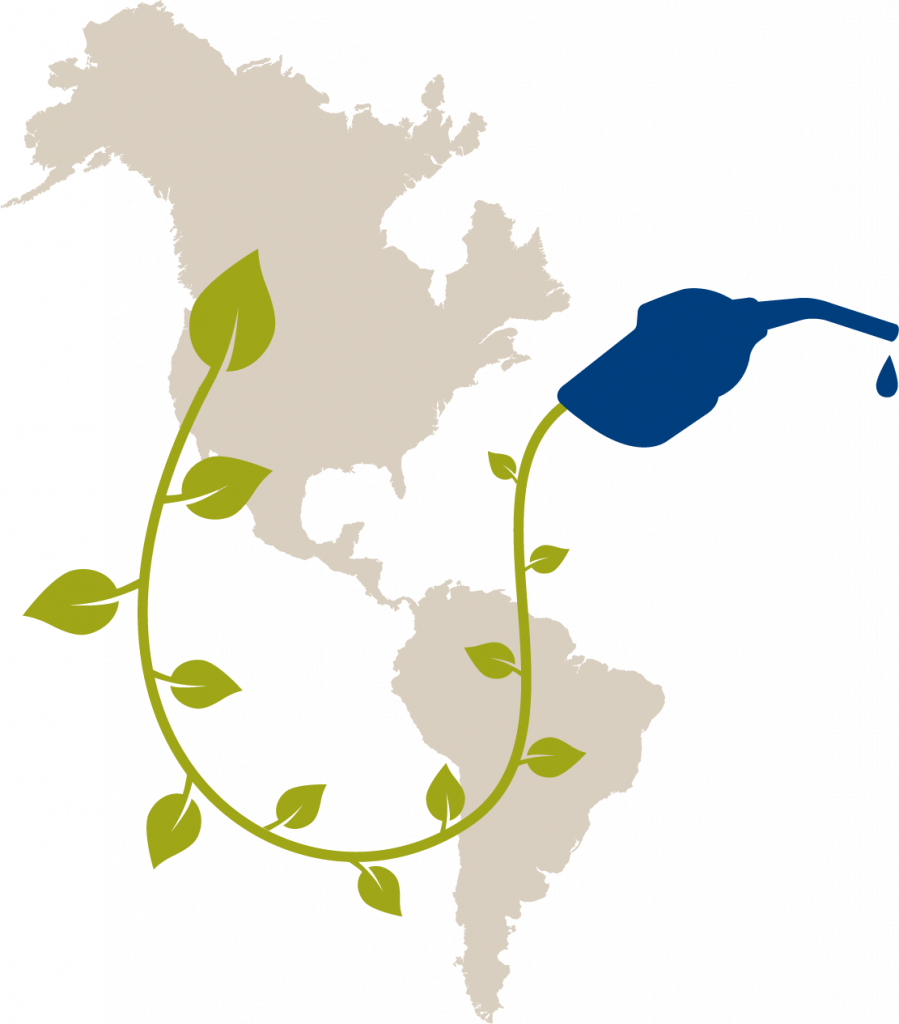Using Market Access Program (MAP) funds, the U.S. Grains Council (USGC) hosted the first ever Ethanol Summit of the Americas (ESOTA) in fall 2017, bringing together more than 150 government and industry officials from more than 15 countries to discuss current and future opportunities for ethanol usage throughout the region.
The goal of the event was to provide a single, clear message on the benefits of using ethanol to achieve environmental, human health and economic benefits. The Summit laid the foundation for future, high-level engagement throughout the region as the Council further develops markets for U.S. ethanol exports.
Countries shared their experiences with implementing biofuels policy and discussed how best to support the development and implementation of ethanol policies with a role for trade. Recognized scientists and ethanol experts demonstrated how ethanol use in transportation fuels improves air quality, extends the current fuel supply and reduces greenhouse gas emissions leading to increased human health benefits. The Summit sparked strong interaction between representatives from all nations in attendance and participants expressed their appreciation for the usefulness of informational exchange across such a diverse group.
Included as part of the Summit activity were three pre-conference tours in which participants travelled through the Midwest to see firsthand ethanol production from the field to the pump and to learn about transportation infrastructure, retail ethanol sales and consumer acceptance in the United States. These reverse missions are a great opportunity for new potential partners to understand the full value chain of U.S. ethanol production as they seek to develop their own policies and industries.
Building a successful ethanol industry requires having the proper supporting policies in place. Policy is the critical factor in expanding the global use of ethanol and in creating opportunities for U.S. ethanol exports. The Summit furthered that conversation and further aligned ministries and industries throughout the region as they develop or expand their approaches to using ethanol.
The Summit created a platform for more robust engagement with countries like Brazil, Mexico, Peru, Colombia and Canada, all countries in which the Council already has programs. Additionally, seven countries have engaged in follow-up with the United States to potentially implement their own ethanol programs, including Bolivia, Ecuador, Nicaragua, Honduras, Guatemala, Costa Rica and the Dominican Republic. Bolivia announced an E10 mandate during a visit by the Council following ESOTA, while talks with Ecuador have been strengthened as a direct result of ESOTA and the U.S. Department of Agriculture’s Foreign Agricultural Service’s (USDA’s FAS’s) inclusion of a Cochran Program focused on ethanol for Ecuadorian fellows. As a direct result of the Summit, the Council also strengthened relationships and collaboration with key ministry officials from Brazil, useful in engaging with Brazilians as they continue to develop their new biofuels policy, RenovaBio, and with Mexico as they explore nationwide use of E10.
The returns on investment of this event are yet to be determined in terms of gallons exported and total sales. Globally, the Western Hemisphere is currently the largest destination market for U.S. ethanol, totaling $1.7 billion and 3.5 billion liters of exports, currently accounting for about 70 percent of total U.S. ethanol exports.
About The U.S. Grains Council
The U.S. Grains Council develops export markets for U.S. barley, corn, sorghum and related products including distiller’s dried grains with solubles (DDGS) and ethanol. With full-time presence in 28 locations, the Council operates programs in more than 50 countries and the European Union. The Council believes exports are vital to global economic development and to U.S. agriculture’s profitability. Detailed information about the Council and its programs is online at www.grains.org.


